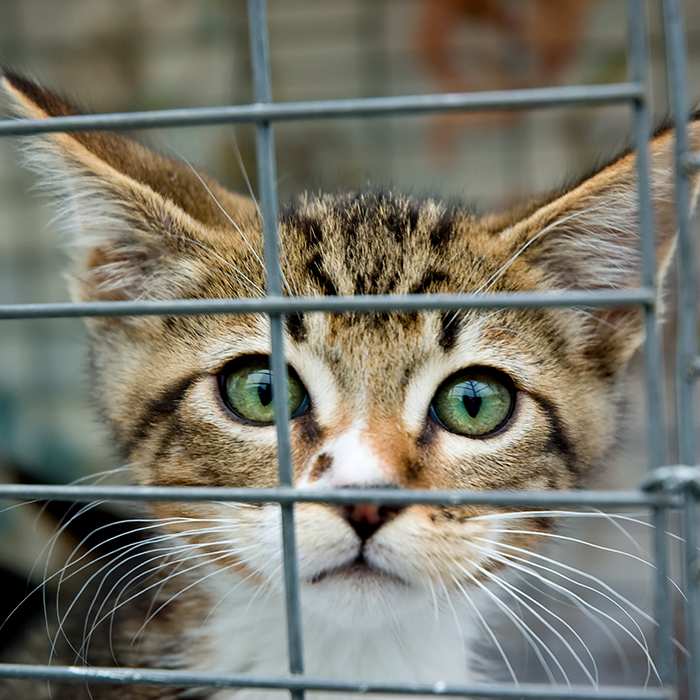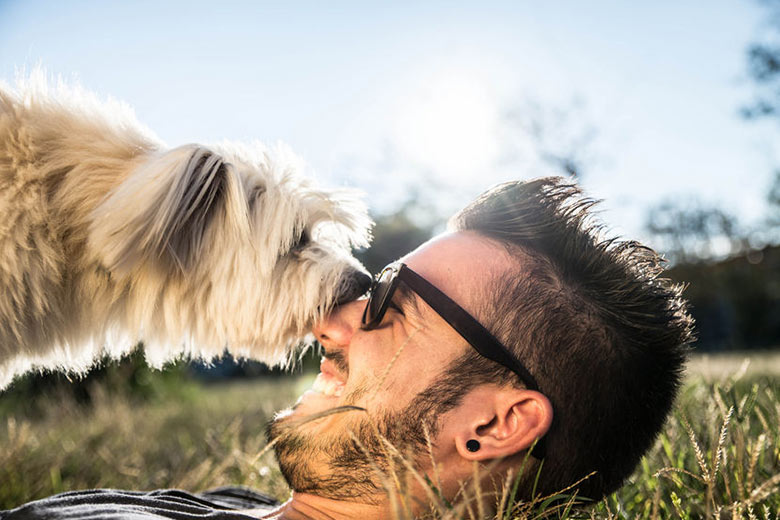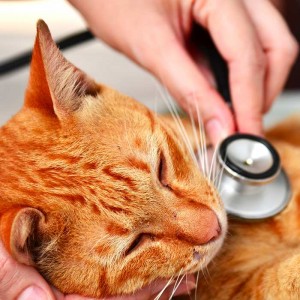Pet Adoption: What You Need To Know

Adopting a new family member and welcoming them into the home can be one of the most rewarding experiences in life.
Adopting your new pet from an animal shelter will more often than not save its life and in-turn they will reward by becoming a best friend for many years to come. While adoption is a great way to help unwanted, lost or mistreated animals find a new home, it’s important that you know what you’re in for before you take the plunge.
As we’re sure you’re aware, pet ownership is a huge responsibility and it’s important that you are paired with the right animal for you.
We’ve put together a guide for pet adoption. In this article is everything we think you’ll need to know about adopting your new dog or cat. Remember, if there’s anything we’ve overlooked, or you’ve got your own tips for pet adoption, please leave a comment below.
Research. Research. Research. Be aware of what you’re getting into.
No two dog or cat breeds are exactly alike and, if the animal you’re adopting has experienced some sort of trauma, then their behaviour could be unpredictable.
There’s so much information online these days that there’s really no excuse for being caught unaware. Many hunting breeds or working dogs will need a great deal of exercise and may not be suited to families with young children. Other breeds may need more grooming or may be more susceptible to illness. Therefore it’s a must you do your homework first.
If in doubt, our website is full of trustworthy profiles on cat and dog breeds, as well as different medical conditions and illnesses.
Consult your adoption assistant.
Your adoption assistant will know much more about the dog or cat you’re wishing to take home than you will. Trust in their expertise and don’t be afraid to ask them heaps of questions about the animal’s history or behavioural patterns since their time at the shelter.
Be sure you have an understanding of any health problems that may be the cause of heartache and financial strain down the track. If you’re adopting a cross-breed, the likelihood of breed-specific conditions is considerably reduced however a comprehensive understanding of your new friend’s health is something worthwhile knowing about.
Be truthful with the people at the animal shelter—they want the best for both of you.
Once you’ve spotted the cat or dog you’d like to take home, your adoption assistant will ask you a number of questions about your home environment, your family and any other existing pets.
Even though they may insist the dog or cat you’d like does not suit your living environment, there will be another friend out there, somewhere close by, perfect for you and your situation.
Cats will usually have a temperament assessment—it’s good to take note of this and treat it seriously.
Cats are brilliant companions and when you adopt the right one, with the right personality, you’ll have a best friend for many years ahead.
The RSPCA, for example, colour-codes their cats for adoption to help potential owners find the right cat for them.
- Green cats are social cats, energetic and suitable for older children.
- Blue cats are sociable with both other pets and humans and are low-maintenance and perfect for the first-time cat owner.
- Orange cats are independent and would rather be left alone. They may be skittish, unsociable or need some extra effort and care from their owner.
Decided on your new best friend? Then it’s time to clear the schedule and put some money away.
If you’ve taken the plunge and welcomed your new adopted pet home, it’s time to get your head around your new life as a pet owner.
Cats are going to need food, kitty litter, a litter tray in a private spot and toys to keep them engaged and well exercised. Dogs will need scheduled walks, food, toilet trips and a place to sleep. They may need obedience training, a trip to the vet or grooming.
Whether you’ve adopted a dog or a cat, they’ll also need regular flea and worm control, paired with occasional trips to the vet. This can become expensive quickly and an option to consider is getting reliable pet insurance.
Patience is a virtue (and in many cases, a necessity).
In some cases you’ll be met with an animal that will require some special care, especially in the case they’ve been abused or stray for some time.
It may take a great deal of work to get them to become accustomed to your home environment, your children, or your other pets. Nervous urination, damage to or destruction of property and general bad behaviour are all common to dogs and cats that have suffered trauma.
In this case, patience is the key. With calm and dedicated instruction and care, almost any animal can change their ways. You’ll most likely see changes in behaviour after a number of weeks, possibly even days.
Adopting is an important decision, but a good one.
Even though the idea of adopting a pet may seem daunting at times, it’s no more a challenge than buying from a pet shop or breeder.
If you’re considering the idea of adopting a pet, you can visit your nearest animal shelter or download the PetRescue app. PetRescue is a database of animals in need of new homes.
The app, which is free to download, has had over 48,500 downloads and helps about 25,000 animals find a new home each year. It has already found owners for hundreds of thousands of stranded animals and is a great place to start the search for your new best friend.
Bow Wow Meow Pet Insurance can help protect you and your pet should an unexpected trip to the vet occur.
- Find out more about our dog insurance options
- Find out more about our cat insurance options









